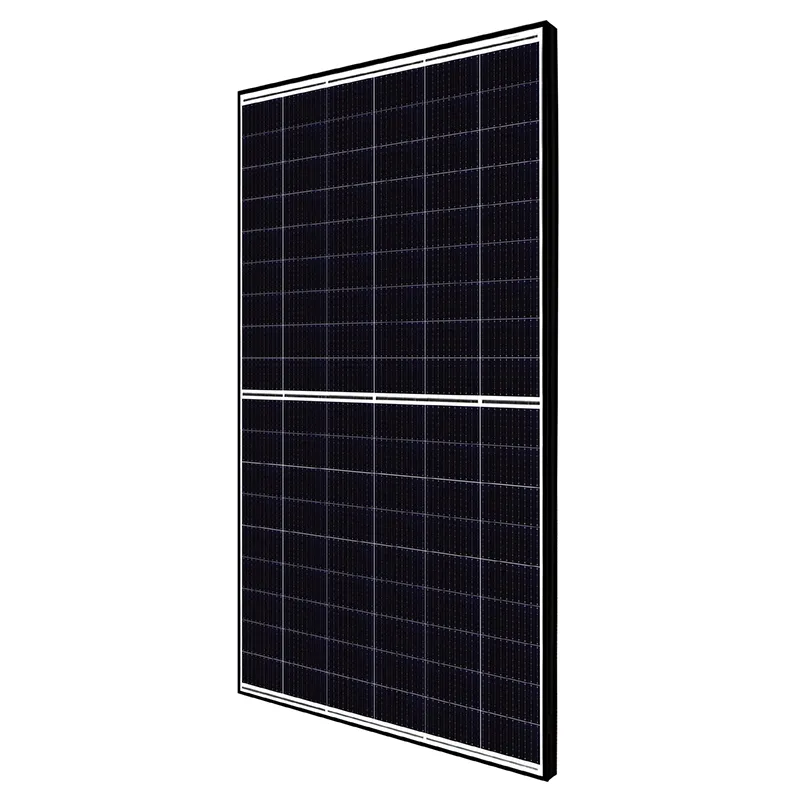Understanding the Benefits and Features of Hybrid Solar Inverters for Your Home
Understanding Hybrid Inverters The Future of Renewable Energy Systems
In the realm of renewable energy, hybrid inverters have emerged as a critical technology that combines the capabilities of traditional grid-tied inverters and off-grid systems. This innovative solution plays a pivotal role in optimizing energy consumption, storage, and generation, making it an invaluable asset for homeowners and businesses looking to harness solar power effectively.
A hybrid inverter serves as the central component of a solar power system that includes photovoltaic (PV) panels, batteries for energy storage, and a connection to the electrical grid. What sets hybrid inverters apart is their ability to manage multiple energy sources simultaneously, enabling users to draw power from solar panels, stored energy in batteries, or the grid at any given time. This flexibility is crucial for maximizing energy efficiency, particularly in regions experiencing fluctuating energy demands or periods of low sunlight.
One of the most significant advantages of hybrid inverters is their ability to store excess energy generated during peak sunlight hours. When the solar panels produce more energy than the household or business requires, the surplus can be directed into batteries for later use. This feature allows energy consumers to have a reliable power supply even during cloudy days or nighttime, reducing reliance on the grid and lowering electricity bills. The integration of battery storage also enables users to take advantage of time-of-use tariffs, where they can use stored energy to avoid higher rates during peak hours.
hybrid inverter

Hybrid inverters also facilitate seamless grid integration. In the event of a power outage, many hybrid inverters can automatically disconnect from the grid and continue supplying power to critical loads using stored energy. This function not only enhances energy security but also supports grid stability by alleviating pressure during peak demand periods. Moreover, some hybrid inverters are equipped with smart technology that allows for monitoring energy consumption and generation in real-time, providing users with insights to optimize their energy use.
The environmental benefits of hybrid inverters are substantial as well. By maximizing the utilization of renewable energy, these systems contribute to a reduction in greenhouse gas emissions and the overall carbon footprint of energy consumption. As more individuals and businesses invest in renewable energy solutions, hybrid inverters play a crucial role in advancing the transition to a sustainable energy future.
As technology continues to evolve, we can expect to see even more features and improvements in hybrid inverters. Manufacturers are actively researching ways to enhance efficiency, expand integration options with home automation systems, and improve battery technology. Innovations in energy management systems will further optimize energy use and storage, making hybrid inverters an increasingly essential component of modern energy systems.
In conclusion, hybrid inverters represent a significant advancement in the adoption of renewable energy technologies. Their ability to coordinate the generation, storage, and consumption of energy creates a more resilient and efficient energy landscape. With the ongoing developments in renewable energy infrastructure and technology, hybrid inverters will undoubtedly play a vital role in shaping a sustainable energy future, enabling users to harness the full potential of solar power while maintaining a flexible and reliable energy supply. Embracing this technology is not just an investment in energy independence; it is a commitment to a greener planet.
-
Unlocking Energy Freedom with the Off Grid Solar InverterNewsJun.06,2025
-
Unlock More Solar Power with a High-Efficiency Bifacial Solar PanelNewsJun.06,2025
-
Power Your Future with High-Efficiency Monocrystalline Solar PanelsNewsJun.06,2025
-
Next-Gen Solar Power Starts with Micro Solar InvertersNewsJun.06,2025
-
Harnessing Peak Efficiency with the On Grid Solar InverterNewsJun.06,2025
-
Discover Unmatched Efficiency with the Latest String Solar InverterNewsJun.06,2025







